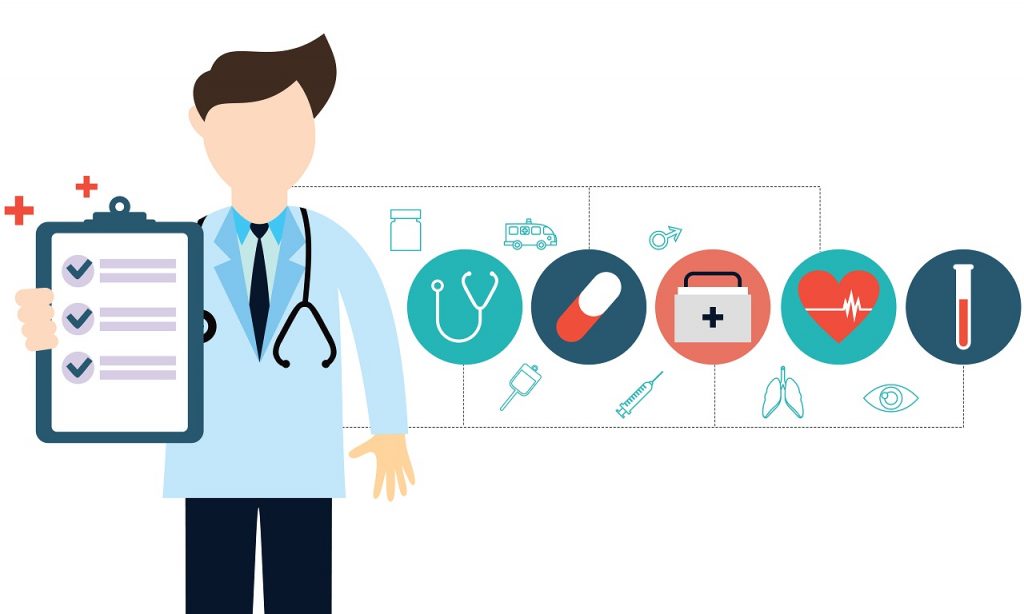 The week began on a sad note. Monday morning was a morning, I would like to erase out of my memory as soon as possible. I was sitting at the breakfast table with my wife when I got a call from my mom saying that one of my cousins-Raj had suffered a major heart attack and had passed away even before reaching the hospital. It was an untimely death. He was barely 40 years of age, young and happy with no major worries. Nobody in the family had seen this coming, not even his wife.
The week began on a sad note. Monday morning was a morning, I would like to erase out of my memory as soon as possible. I was sitting at the breakfast table with my wife when I got a call from my mom saying that one of my cousins-Raj had suffered a major heart attack and had passed away even before reaching the hospital. It was an untimely death. He was barely 40 years of age, young and happy with no major worries. Nobody in the family had seen this coming, not even his wife.
He displayed no signs of stress, worry or any kind of illness. He was not fat nor did he lead a sedentary lifestyle. Then what happened? This thought kept bothering me ever since I heard of what had happened. Being a Doctor, I was determined to delve deep to find the root cause of the problem. After probing some of the family members, I found that there was a family history of heart disease and diabetes. Despite this, he had not done a single blood check in the last 3 years. Whenever I would enquire about getting a health checkup, he would brush it aside and say, “I am healthy and I do not see a need to get pricked unnecessarily”.
What upsets me more is that we are a family of doctors and within my own family, I have people who think otherwise about health check-ups and feel it is unnecessary to have one done regularly, more so, when you do not display any symptoms of illness. The importance of health checkups is highlighted only when you encounter health problems you really can’t predict. Isn’t it better to be safe than sorry later?
Let me be loud and clear when I say, there is a reason why blood tests have been invented and have a huge diagnostic value. Unfortunately, getting a blood test today, is considered as a money making a source for the Doctor. I don’t want to talk about blood tests today, I just want to emphasize the importance of getting a whole body check-up done once a year, especially if you are over 30 years old. Timely medical checkups could make all the difference between prevention and cure; especially when each decade comes with its own set of lifestyle ailments.
What is the harm I ask? What do you have to lose? If it’s the money, then maybe you can cut down on eating out one weekend or reduce your shopping one month and instead utilize that money to get to know about your health?
A lot changes in 30 days leave alone in 365 days. We go through several ups and downs and our body goes through a lot of wear and tear process be it physical or mental. Our internal organs such as the heart, liver, kidneys are designed to work non-stop and there is no harm in knowing the state of our organs and bones in real time so that the necessary lifestyle changes can be made if needed.
One does not have to necessarily pop pills, more often than not, lifestyle changes can make a huge difference. If a machine works well with regular maintenance and check-ups, then why do we leave the most important machine (our body) to chance? You need to listen to your body, feel the pain when it happens, and address the breakdown in a way to avoid its re-occurrence. You need to give your body a good fighting chance by living a good healthy life which is supported by well-functioning internal organs.
Personally, a good comprehensive screening package including CBC ( Complete Blood Count), Lipids, Renal (Kidney) and Liver profile, Sugar tests, Thyroid and basic Vitamins like D and B12 is a must for every individual once a year even if he or she is absolutely healthy. The Thyrocare Aarogyam C package covers all these tests and is available on the GOQii Health Store here.
Age is not a factor. Anybody at the age of 30 years and above should get their blood tests done once a year at least. This is an excellent comprehensive screening of your entire body including heart, liver, and kidney along with important vitamins. We are putting in a lot of effort taking care of our bodies but, if our organs don’t support it then we will always fall short of results.
The prerequisite for leading a healthy life is a comprehensive health check-up once a year. You don’t even need to step out to get a test done. You can even do it from the convenience of your home! So hurry up, get a complete health check now and stay safe.
#BeTheForce

 Aakash wondered why every Hollywood and Bollywood movie stressed on the “heart”. Some dialogues bothered him:
Aakash wondered why every Hollywood and Bollywood movie stressed on the “heart”. Some dialogues bothered him: Mishita, 55 years, was feeling low and depressed for quite a few months. Since the past 2 days, she began feeling slight restlessness, palpitations, and a suffocating feeling followed by mild chest pain radiating to her left shoulder. Since she was alone, she called her daughter to express these symptoms. Her daughter immediately called their neighbour. As her neighbour had basic knowledge about heart symptoms and heart disease, she was saved from a major heart attack but early signs of arteriosclerosis were detected. She started following lifestyle changes and now is happy, healthy and almost off medicine!
Mishita, 55 years, was feeling low and depressed for quite a few months. Since the past 2 days, she began feeling slight restlessness, palpitations, and a suffocating feeling followed by mild chest pain radiating to her left shoulder. Since she was alone, she called her daughter to express these symptoms. Her daughter immediately called their neighbour. As her neighbour had basic knowledge about heart symptoms and heart disease, she was saved from a major heart attack but early signs of arteriosclerosis were detected. She started following lifestyle changes and now is happy, healthy and almost off medicine!


